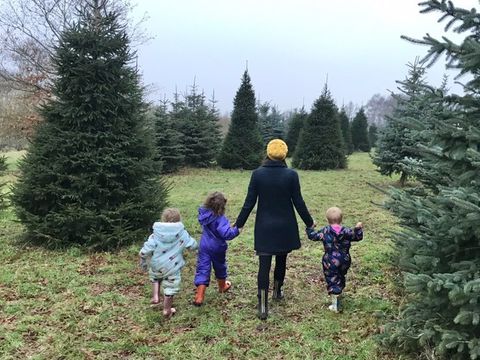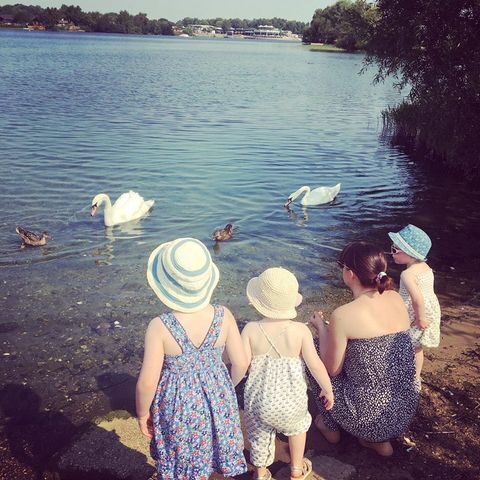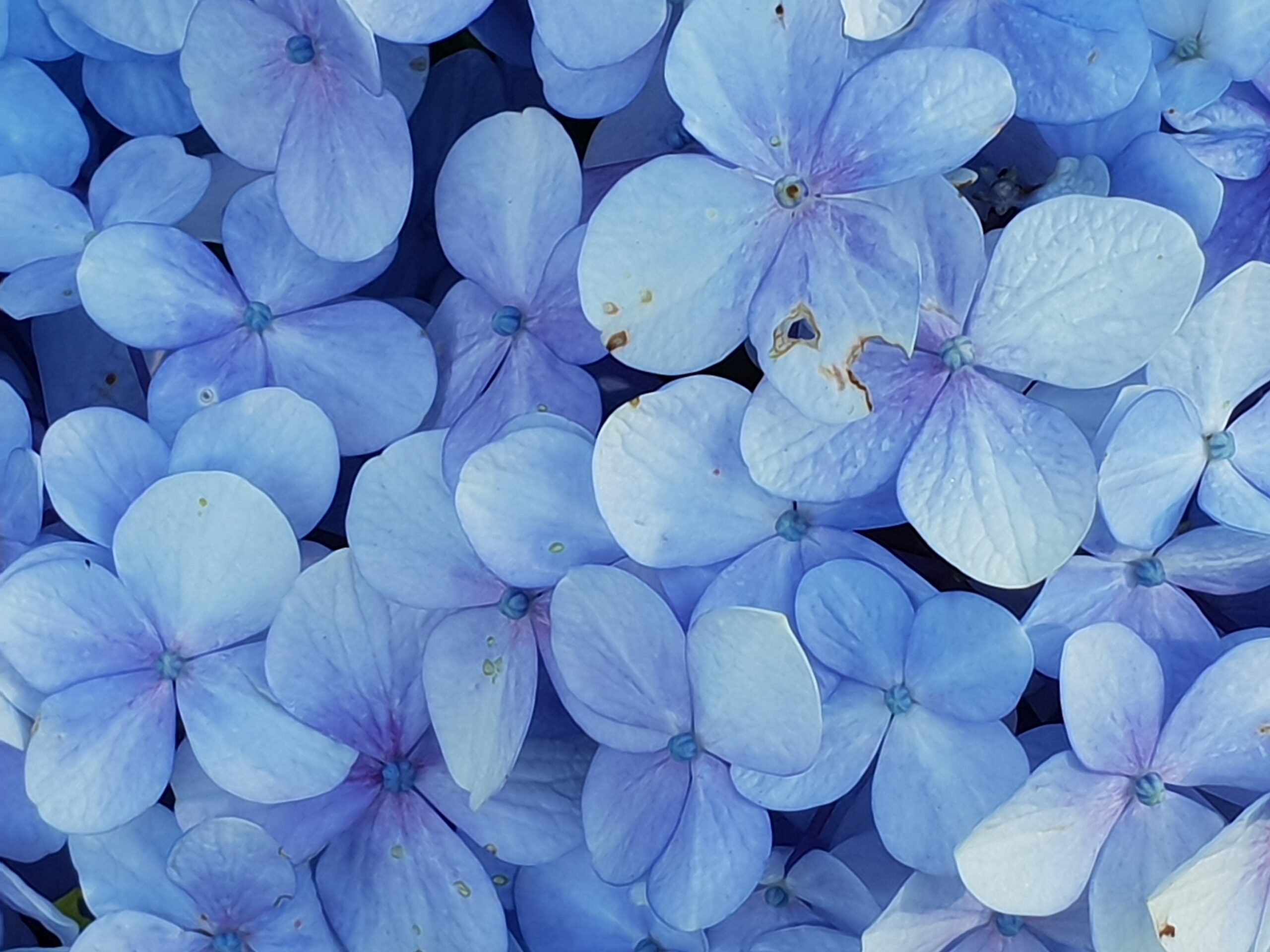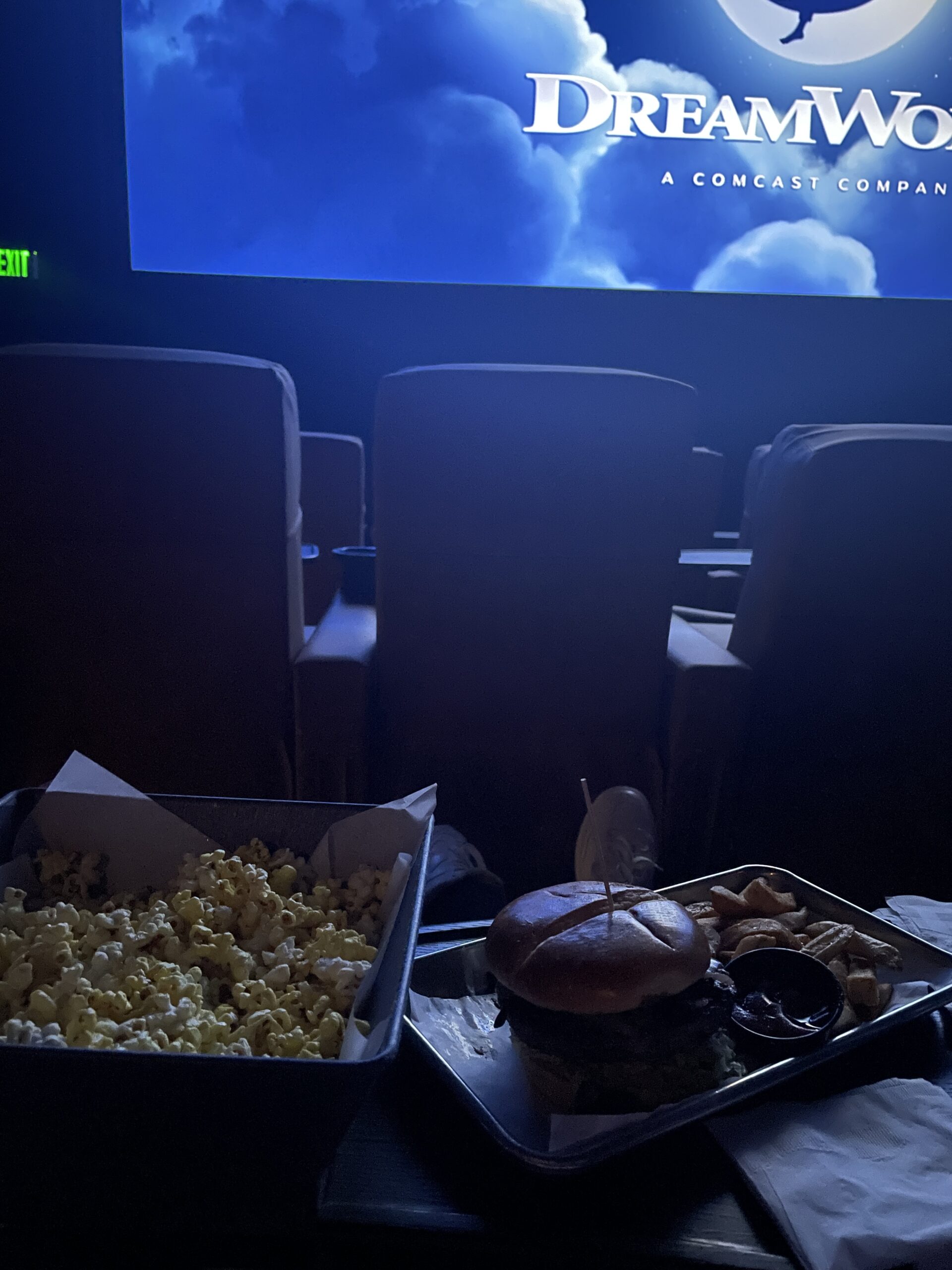Like most little girls, in my early years, I’d play with my dolls and dream of one day being a mum. I was never quite sure where I wanted my career to take me in life, but the one thing I was always certain of was that I would have children. After Matt and I made the decision to start our family at the end of 2013 I was more excited than I’d ever been. I couldn’t wait to bring our baby into the world and start the next chapter of our lives. In many ways, it felt like our baby was ‘conceived’ in that very moment, with the conception of all of our hopes, dreams and expectations for our future, not even thinking that it might not work out the way that we’d planned.
Excitement soon turned to fear, as over the months that followed I realised something wasn’t quite right. Tests showed that at the age of 27 I had the ovarian reserve of someone in their late 40’s. My eggs were already running out and I was approaching menopause.
Being told you may never conceive naturally is very hard to hear.
Being told you may never be a mum at all is one of the hardest things anyone can be told.
Being told you may still be able to carry a child, but that they wouldn’t be genetically related to you, is a hugely complicated piece of news to process.
We discovered our best chance of conceiving would be using an egg donor, but also that it wasn’t impossible with my eggs, with doctors suggesting that age gave me an advantage with “quality over quantity”. The following years were a lonely time as we embarked on our less than conventional ‘path to parenthood’, which is now a story I feel compelled to share. I try to open up conversations about the complex emotions that are often experienced (but rarely talked about) during this time, particularly as we struggled to find reference points or external support to relate to.
Initially the idea of using eggs from another woman, fertilised with my husband’s sperm to create a baby that I would carry, felt like such an alien concept. It wasn’t something either of us could get our heads around and so we pushed it to the back of our minds.
Throwing myself into Google, I ignored the stories of failure that I didn’t want to hear and completely focused on looking for hope. I’d spend hours scouring fertility forums and social media for narratives of those beating the odds. Denying the statistics given to us (5% chance with my own eggs and over 50% chance with donor eggs), we believed that we would just make it work and eventually get lucky. We jumped straight onto the IVF rollercoaster, with fingers-crossed but time not on our side, never really allowing ourselves to consider the alternatives following a failure. That’s one of the huge myths about IVF – that it will work – when in reality there are absolutely no guarantees.
After an initial period of elation, our first IVF cycle ended in a missed miscarriage of our one and only embryo, which is when the grief truly hit. Having been fuelled by adrenaline and hope, the reality of losing what may have been our one and only chance of a genetically related child began to break me down. It was only then that I started to grieve the loss of my fertility, the loss of the simplicity of trying to conceive naturally, the loss of any control over our future and the very real loss of a dream I’d always held.
By the time IVF cycle no.3 had failed, I’d started counselling and met someone else who had been through a similar experience, eventually growing her family using an egg donor. Having previously denied this as an option, I now allowed myself to actively listen to these stories and began to become more open to the idea. For the first time in a while I started to feel some hope, that there might be another way to make my dream of motherhood a reality.
As we ploughed on through IVF cycle no.’s 4 and 5, clinging onto what hope was left, I was forced to start listening to some of my very real worries about this potential next step. In making the decision to move to donor eggs I had to face many fears, which at the time I felt very alone in, but now realise are incredibly common for recipient parents on this path to parenthood.
Would I feel like a real mum?
How will my child feel?
Will I bond with my child?
Will they be more attached to my husband because they’re genetically related?
What will people think?
Will our family accept our decision?
What would our child look like, if not a combination of my Matt and I? (I felt very shallow for fearing this, but the worry was very real).
It was just before IVF cycle No.5 when Matt and I agreed that if the next cycle didn’t work, we’d go down the path of donor eggs. I was cautiously optimistic, but optimistic nonetheless and filled with hope. I think that’s how I realised we were making the right decision, when the excitement began to outweigh my fears, a big change when just a year earlier we were in a very different place and wouldn’t have even entertained the idea. Over the past few months I’d redefined in my mind what it really meant to be a mum, beginning to focus not solely on what I would be losing in a genetic connection but instead on what I would be gaining with this incredible opportunity to become a mother.
Believing the hard part in making the decision was over, the next stage I found completely and utterly confusing. As we embarked on donor egg treatment, our donor was selected by our clinic, our menstrual cycles were synced and we were informed throughout of our donors progress. Expecting to still be filled with excitement, in reality I felt that many stages of this process increasingly triggered my fears. The sadness of not sharing a genetic link resurfaced as I read our donor’s profile, reminding me that as much as her physical characteristics were similar to mine – it still wasn’t me. As she approached egg collection I felt guilt for feeling envy, that she was able to do the one thing I desperately wanted to. I felt detached due to an even greater lack of control, feeling left out of a process I’d previously been so involved in, whilst at the same time bursting with immense gratitude towards an unknown woman undergoing an intensely physical process to allow us the chance of having a family. Occasionally I’d wonder whether I was really ready to take this step, experiencing such a mix of emotions, but I realise now that these are again completely normal emotions as a result of my grief resurfacing.
I’m grateful to say that we were incredibly fortunate to conceive on our first attempt with donor eggs. Nine months later we welcomed our eldest daughter Mila into the world, with almost all of my fears disappearing the moment I met her when I completely fell in love. A year later as we tried for a sibling and were lucky two times more when the two embryos we had transferred resulted in twins – Eska and Lena.
Sitting here five years on, as I reflect on our story whilst listening to the sound of our three girls playing outside in the garden, I realise the sheer enormity of the emotional journey we’ve been on and remember just how alone I felt. I’m delighted to say that my emotions today centre very much around joy and gratitude, with the odd small (and perfectly natural) anxiety still creeping in from time to time. I constantly pinch myself to make sure that what is happening is really real!
As a mum through donor conception my biggest worry now is how our girls will feel about it and how we can best support them as they begin to understand more and naturally become curious about how they came to be. We talk to them with pride about their story and (at the ages of 4 and 3) they can confidently recount how they were conceived, as it’s the only thing they’ve ever known. They know that mummy’s eggs were broken and so we needed some eggs from a lady called a ‘donor’, they were mixed with Daddy’s seed and put back into mummy’s tummy.
I know that this story will continue to evolve in an age appropriate way as they grow into it. One thing I’ve found through reflecting is that my views and fears have shifted significantly over the past 5 years. Whereas once I felt threatened and worried about the role of our donor, now that I have our girls and feel comfortable in my role as their mum, knowing that what we have cannot be replaced, I’d love to thank her and I’d love to be able to provide our girls with more information about her.
As we used a clinic in Czech Republic our donor was anonymous. Although this wasn’t our reason for having treatment abroad, it is an implication I’ve thought much more about after having our girls than I did before. We will support them however we can, finding comfort in knowing that DNA testing will give us at least a chance of discovering more if they wish to do so. I know that using an anonymous donor doesn’t give them the right to know their genetic origins and it’s something I’ve grappled with as I reconcile the decisions we made when we were in a very different, highly emotional, headspace. One thing I am sure of is that I wouldn’t change our girls for the world and so, whilst I acknowledge that greater consideration might have meant we made a different choice in using an anonymous donor, I can’t regret a choice that led us to our three amazing daughters.
It’s important to me to keep hearing different perspectives and continually learning as a parent to ensure that I’m emotionally secure to support my children, being open and honest, managing expectations along the way and making sure that they always know how very special and loved they are. I’m grateful to people like Emma who share their experiences, both good and bad, so that we as parents can learn and do the best we can. I’m determined to make sure that anyone needing to look towards donor conception as a family-building option doesn’t have to navigate this alone, which I why chose to share my story through my DefiningMum blog and Instagram and have more recently created Paths to Parenthub Providing all of the support, information and connection I would have wanted, Paths to Parenthub is an interactive platform for people at any stage of the donor conception journey, from making decisions right through to ongoing parenting. With access to webinars with experts, focusing on the emotions, implications and complexities of donor conception, personal stories with differing perspectives, educational resources, along with a private and safe space to connect with others on this path to parenthood.








